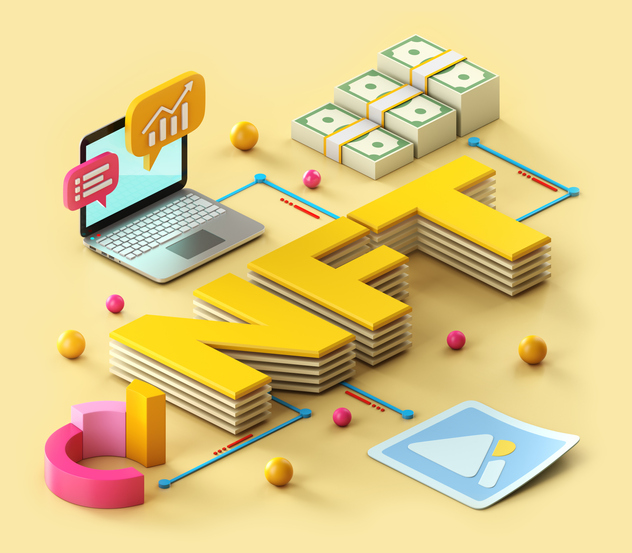The role of NFTs in determining users’ actions within dApps
The world of NFTs has exploded in popularity in the last few years.
There were around 28.6 million wallets trading NFTs in 2021.
In the same year, NFT sales hit a massive $25 billion, with countless individuals purchasing everything from video clips to cartoon monkeys.
Now, the NFT market is worth more than $40 billion, and the valuation keeps rising!
What are NFTs?
NFTs or non-fungible tokens are Ethereum-based indivisible smart contracts. They are unique and non-duplicable cryptographic tokens that hold real value for individual intellectual property tracing.
While NFTs are typically in the form of sellable digital art, they have the potential to be so much more, especially on the Web3 platforms.
NFTs are unique (sometimes even one-of-a-kind) digital files that use blockchain technology to verify and demonstrate proof of ownership. These NFTs may be in the form of images, photographs, or short videos.
In general, NFTs are minted (created), purchased from the minter, and then re-sold by collectors in secondary markets that allow it.
Based on the NFT license agreement, NFT owners may acquire the right to display or commercialize their NFTs. In some cases, NFTs may give their holders the right to access and use decentralized applications (dApps) or may even be responsible for allowing users to participate in activities like trading tokens in the platform’s marketplace or playing new levels in a game dApp.
What is an NFT dApp?
An NFT dApp is a decentralized application that integrates the use of NFTs with its software.
OpenWord is one such dApp positioned as a social media platform in Web3 where users can earn fair revenue on their original text-based posts.
NFTs in such dApps are often a prerequisite for entry access to the platform. These NFTs also afford their holders rewards as well as other exclusive benefits like free access to premium features or voting rights for improvement of the platform.
The next section will describe the types of actions that NFTs allow their users to perform on a dApp platform like OpenWord.
What actions do NFTs allow their holders to perform in dApps
Owning NFTs in a dApp allows a user to:
Participate in the Platform
The smart contracts in dApp are programmed to allow only users who possess NFTs in their wallets to enter and participate in the platform’s activities.
For example, in Axie Infinity, new players must buy the three Axie NFTs needed to create their first team. Users who do not own these starting NFTs cannot start playing the game or participate in its ecosystem.
Receive Fair Rewards
The smart contracts in dApp are programmed to maintain a detailed record of all transactions, thereby enabling easy calculation and rightful distribution of rewards on the platform. This incentivizes users to purchase the NFTs as well as participate in the activities on the platform.
For example, the OpenWord smart contracts automatically record all transactions on its social media platform and calculate rewards in the form of custom tokens each time a trade transpires in the marketplace. These reward tokens are added to a pool maintained by the application’s team and distributed among users who own the minted NorthPark NFTs.
Access Unique Features
Owing to the uniqueness of user-owned NFTs and the meticulous, unalterable recordkeeping of dApp smart contracts, users’ access to the platform’s unique features can be regulated automatically, fairly, and accurately.
For example, only users who own NorthPark NFTs can enjoy unlimited free posting access on OpenWord — a feature for which users who don’t own NorthPark NFTs will have to pay a designated price.
Enjoy exclusive Benefits
NFTs, by virtue of their uniqueness, can be used to program smart contracts in such a manner that they only allow NFT holders to access exclusive benefits on the platform. Sometimes, the number of NFTs owned is also used as a determining factor by the smart contracts that govern users’ access to exclusive benefits.
For example, the opportunity to have posts “featured” on OpenWord is only available to those who own NorthPark NFTs. The amount of tokens a user owns also determines the location on the dashboard where the post can be featured — users who own more tokens can have their posts featured on more prominent sections of the OpenWord dashboard. Read more on this topic within our WhitePaper here.
Closing Thoughts
At present, there are 4.88 billion Web2 users worldwide (roughly 62% of the world’s population), and 6 out of every 10 people in the world have a social network account.
Web2 refers to the current version of the internet that most of us know today. The Web2 internet is dominated by companies that provide services in exchange for users’ data.
In Web3, decentralized apps (dApps) run on the blockchain, allowing users to protect their data by converting it into NFTs that are unique and non-duplicable.
Typically, NFTs have been used to represent artwork like paintings and music and create digital avatars for players in games like Axie Infinity.
However, the value of NFTs can go beyond the basic opportunity to earn returns from trading NFTs for a higher value. In Web3 dApps, NFTs allow its holders to participate in the application’s activities, receive fair rewards, access unique platform features, and enjoy exclusive “NFT-holder-only” benefits.



